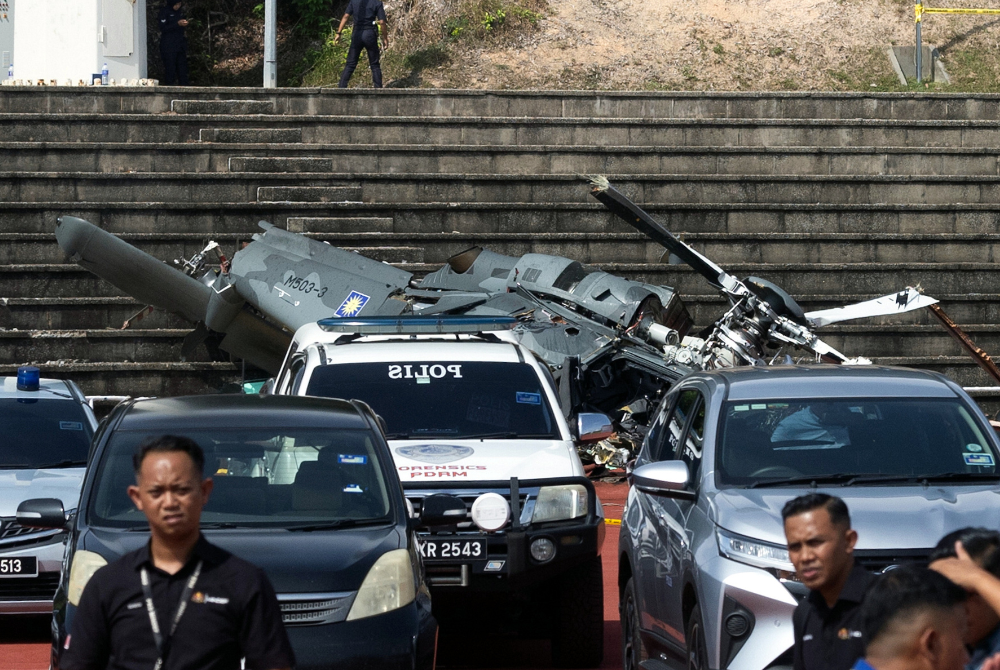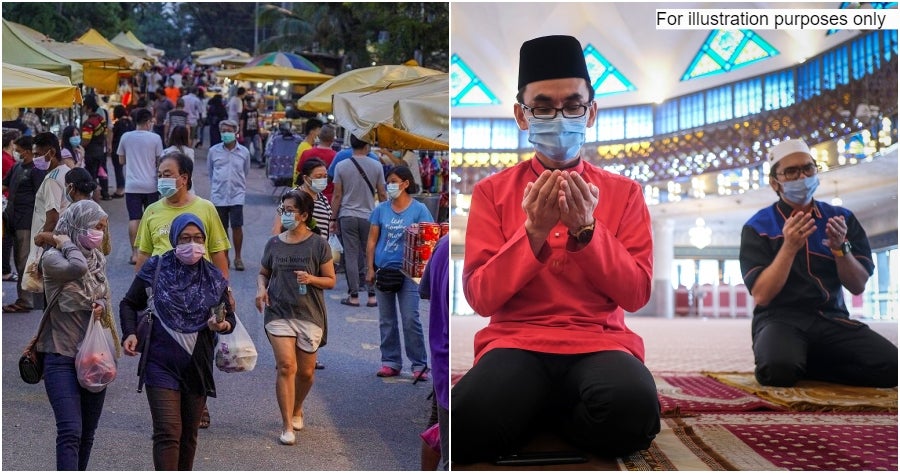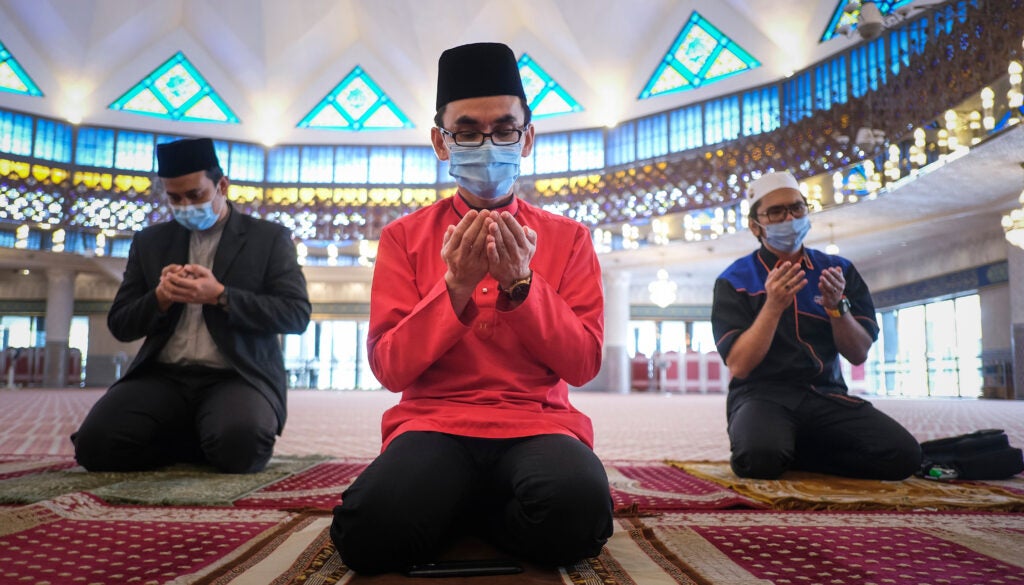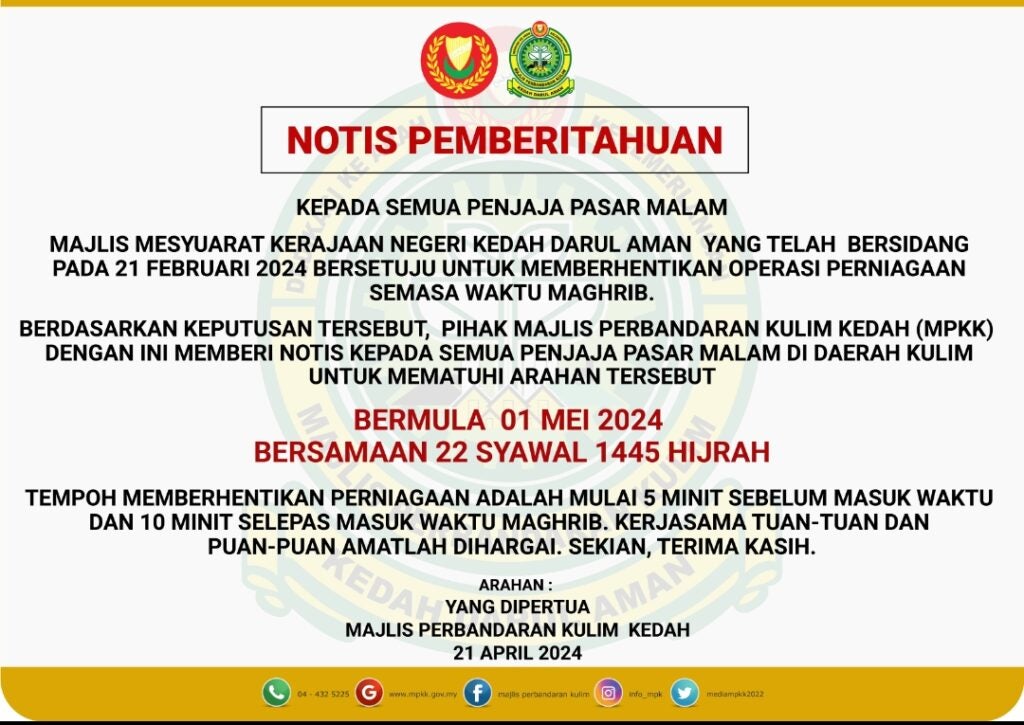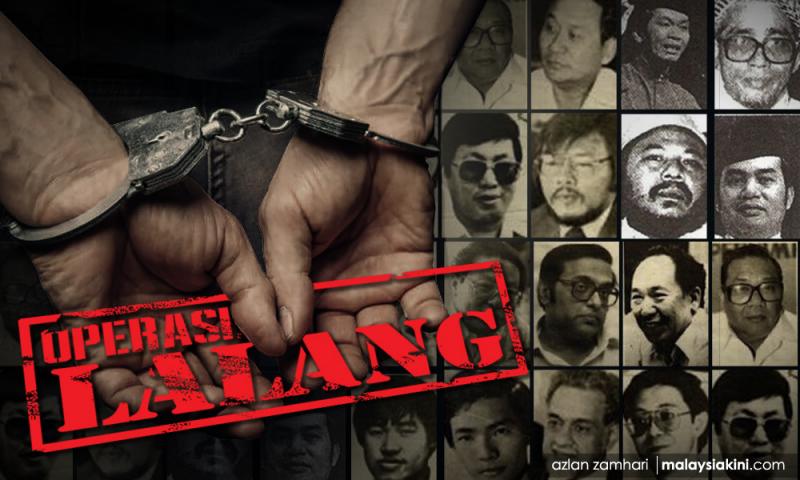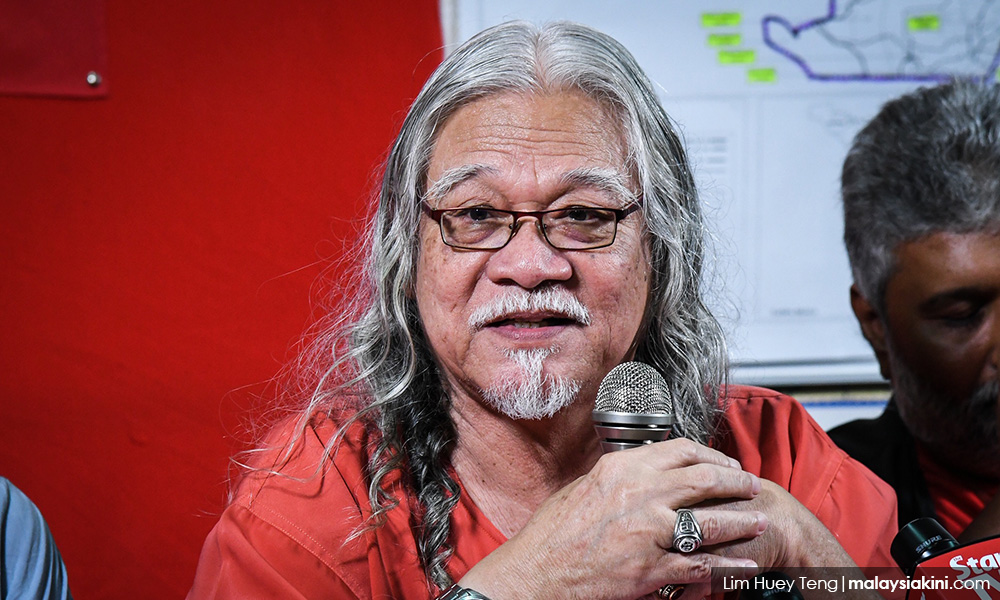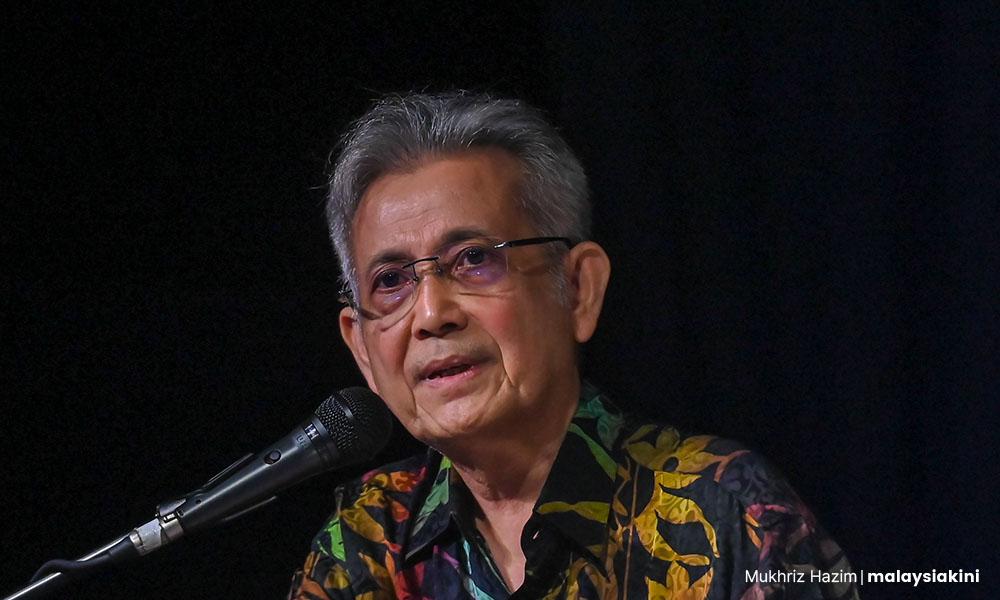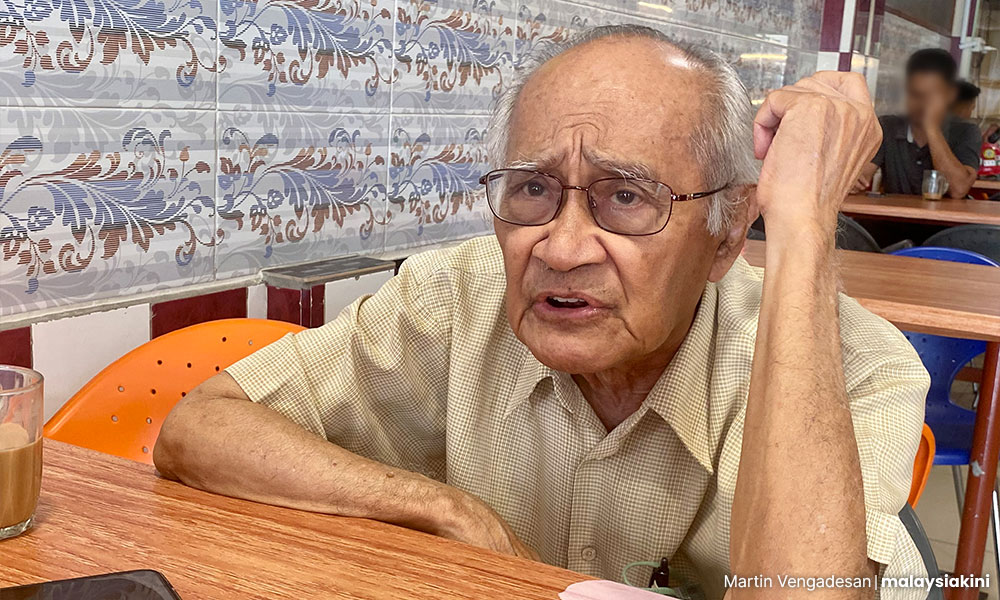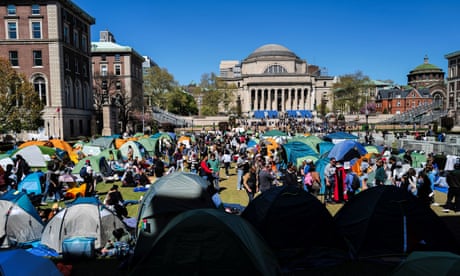Gazans search for loved ones as bulldozers unearth bodies near hospital
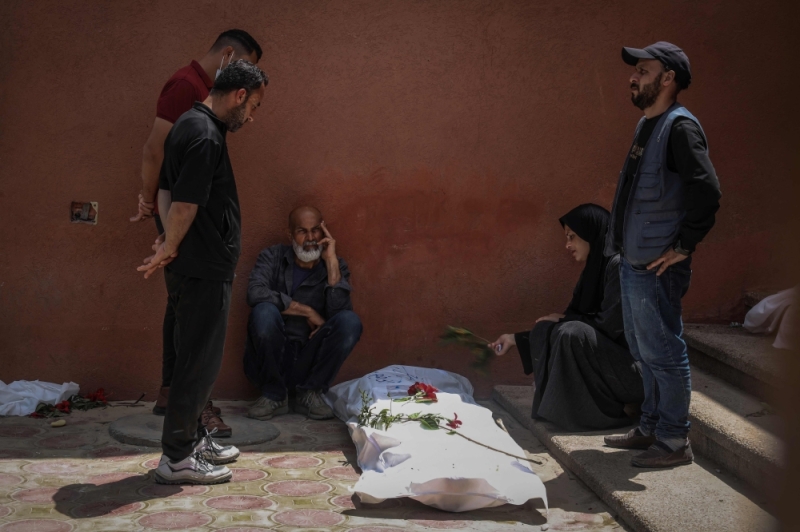
Thursday, 25 Apr 2024 8:07 AM MYT
KHAN YUNIS (Palestinian Territories), April 25 — Palestinian woman Reem Zidan had been searching for her son for months, and finally found his body on Wednesday as a bulldozer unearthed human remains outside a Gaza hospital.
“They told me to move away, but I said, ‘my son is on the bulldozer’,” Zidan told AFP from the southern Gaza city of Khan Yunis, crediting her “maternal instinct” for “knowing” it was the body of 22-year-old Nabil.
As combats subsided in Khan Yunis after Israeli forces withdrew from the area in their fight against Hamas, health workers have begun recovering bodies buried next to the city’s Nasser Hospital — southern Gaza’s largest.
“I haven’t seen him for three months, and today I found him”, Zidan said, adding that Nabil was killed by shrapnel from an Israeli air strike.
Gaza’s Civil Defence agency said Tuesday that workers had uncovered nearly 340 bodies over several days of people killed and buried by Israeli forces at the hospital.
“We were surprised that inside the Nasser Medical Complex there are mass graves made by the Israeli occupation” military, Civil Defence spokesman Mahmoud Bassal told AFP.
The Israeli army has denied troops had dug the graves.
Some parents told AFP the bodies recovered had been buried by relatives.
Unlike Zidan, others who went to the Nasser complex in hope of recovering their relatives’ bodies could not find them.
Sonia Abu Rajilah, 52, from Khan Yunis, said her son 29-year-old son Hazem was buried by his friends near the hospital, but that she and her other sons have not been able to find him.
“Now I wait among the bodies being pulled out, hoping to recognise his body,” she told AFP.
She was looking for the beige shirt and grey trousers he was wearing the last time she saw him, the mother said.
Calls for an international investigation into the deaths at Nasser Hospital have grown, including from rights group Amnesty International.
“Without proper investigations to determine how these deaths took place or what violations may have been committed, we may never find out the truth of the horrors behind these mass graves,” Erika Guevara, the rights group’s policy director, said in a statement.
Buried by relatives
Israeli government spokesman David Mencer said Wednesday that the claims the army had buried Palestinian bodies “are baseless and false”, without directly addressing allegations from Gaza’s Hamas-run authorities that Israeli troops were behind the killings.
He acknowledged that troops had examined corpses buried at the facility in their search for hostages held in Gaza.
“Bodies examined, which did not belong to Israeli hostages, were returned to their place,” Mencer said.
Army spokesman Major Nadav Shoshani said on social media platform X that “misinformation is circulating regarding a mass grave that was discovered at Nasser Hospital in Khan Yunis. The grave in question was dug — by Gazans — a few months ago.”
Palestinian militants took some 250 hostages to Gaza during Hamas’s October 7 attack that triggered the war.
The attack on southern Israel resulted in the deaths of 1,170 people, according to an AFP tally based on official Israeli figures.
Israeli officials say 129 hostages are still held in Gaza, including 34 the military says are dead.
Israel’s retaliatory offensive against Hamas in Gaza has killed 34,262 people, most of them women and children, according to the territory’s health ministry.
Intense fighting raged in mid-February in the area around Nasser Hospital, and Israeli tanks and armoured vehicles surrounded it on March 26.
Nawal al-Zaqzouq, 60, told AFP she has been coming daily to the hospital in search of her son, Alaa al-Attal, who was killed on January 1.
Attal died from bleeding after he was shot by a sniper, Zaqzouq said, and was buried by his brother at the hospital.
“We said when things calm down and there’s a ceasefire, we’ll search for him and retrieve him to bury him in the cemetery,” she said.
“But we haven’t found his body yet”. — AFP



